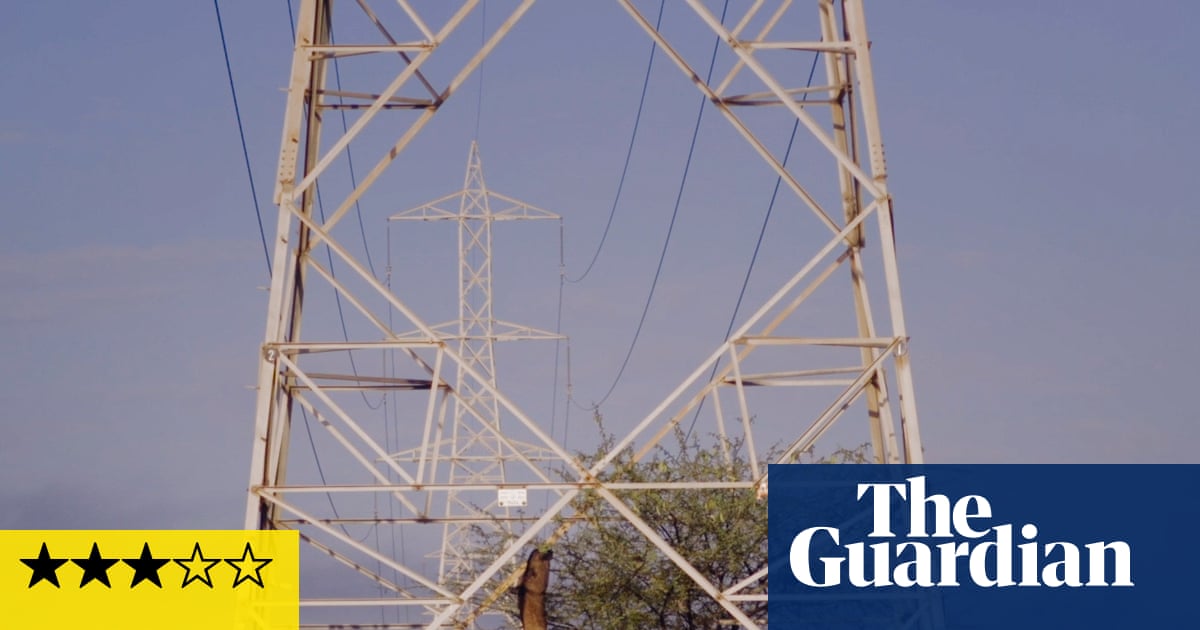
"Ahmed and his family descended from a long line of nomadic herders raise camels on the plains of Kutch in western India. Their daily rituals, making rotis over open fires and nursing their livestock, unfold in intimate, unhurried scenes. These routines are deeply in communion with nature, but the landscape has irrevocably shifted, threatening their very existence. A drought rages, leaving little water for Ahmed's ailing animals."
"Moreover, while laws allocate grazing ground for cows and buffalo, no such measures are provided for those with camels, goats and sheep. Malnourished, Ahmed's herd grows increasingly sick. In a heartbreaking turn, mounting debts and medical costs soon force him to sell most of his livestock. Though critical of modern commerce, Sumaria's film does not romanticise tradition. Along with their pastoralist customs, Ahmed's family clings on to outdated views of gender roles."
Ahmed and his family descended from a long line of nomadic herders and raise camels on the plains of Kutch in western India. Their daily rituals include making rotis over open fires and nursing livestock in intimate, unhurried scenes. These routines exist in close communion with nature, but the landscape has shifted and a severe drought leaves little water for Ahmed's ailing animals. Industrial projects and wind turbines have transformed surrounding land into barrens. Laws allocate grazing for cows and buffalo but provide no measures for camels, goats, and sheep. Malnourished herds grow sick, and mounting debts and medical costs force livestock sales. Traditional gender roles limit girls' education and expect early marriage, while women perform most housework. The community faces existential threats alongside internal social constraints.
Read at www.theguardian.com
Unable to calculate read time
Collection
[
|
...
]